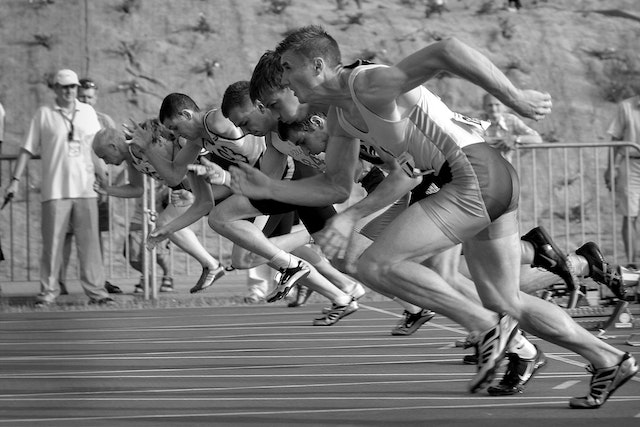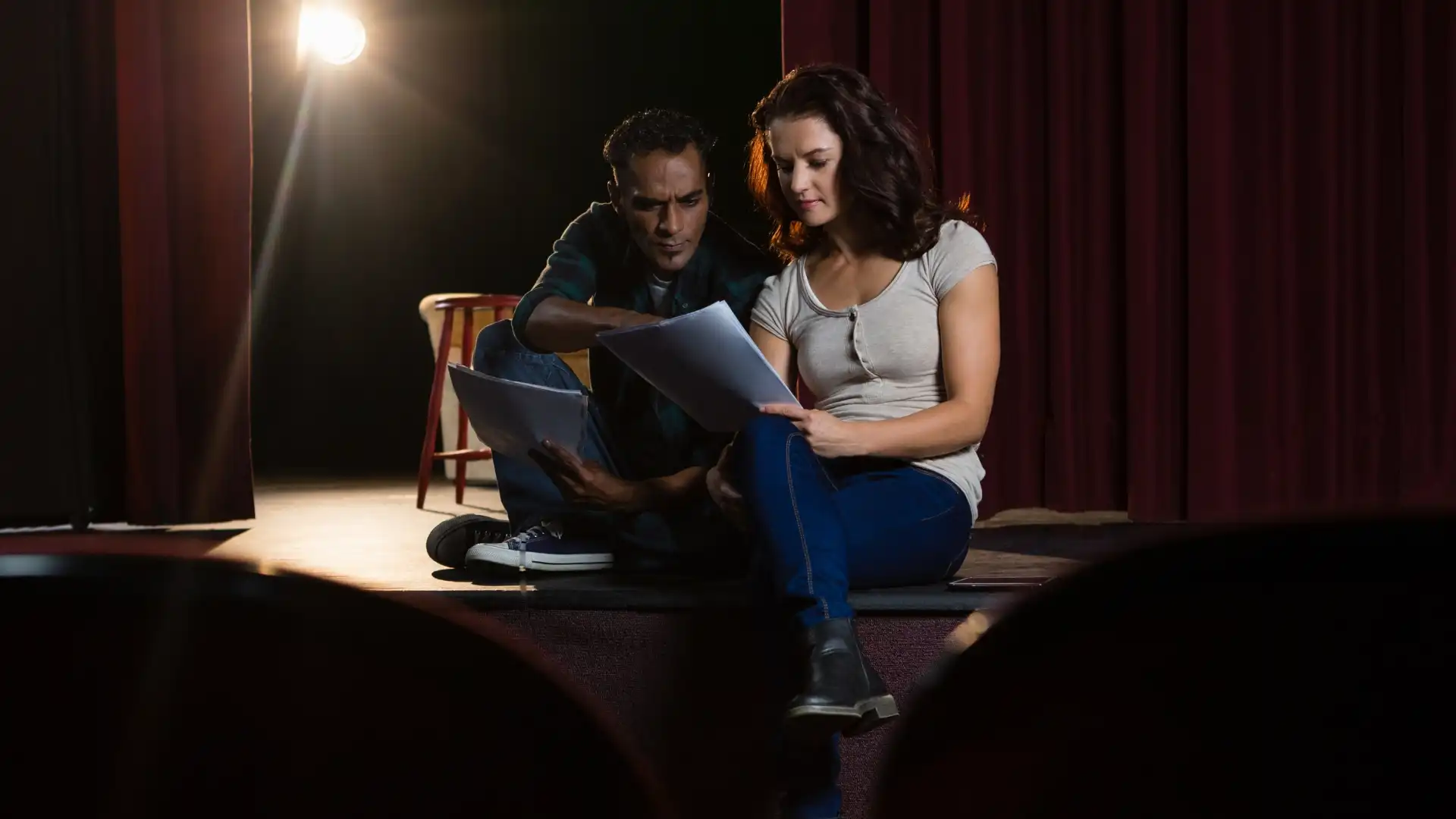The Olympic Games, a celebration of athleticism, unity, and global cooperation, have captivated audiences worldwide for over a century. Behind this grand spectacle lies the Olympic Movement, a complex network of organizations, individuals, and principles that extend far beyond the sporting event itself. In this article, we will delve into the rich history of the Olympic Movement, examine its profound impact on society, and explore the challenges and opportunities it faces as it continues to evolve in the 21st century.
The Origins of the Olympic Movement
The Olympic Movement traces its roots back to ancient Greece, where the Olympic Games were held in Olympia from the 8th century BCE until the 4th century CE. These ancient games were not only a display of physical prowess but also a celebration of Greek culture and a means to foster peaceful relations between city-states. However, the Olympic Movement as we know it today began to take shape in the late 19th century.
In 1894, French educator Pierre de Coubertin founded the International Olympic Committee (IOC) with the aim of reviving the Olympic Games and promoting international understanding through sport. The first modern Olympic Games were held in Athens in 1896, marking the birth of the Olympic Movement as a global phenomenon.
The Olympic Movement’s Core Values
At its core, the Olympic Movement is guided by three fundamental values: excellence, friendship, and respect. These values serve as the foundation for the Olympic Games and shape the actions and initiatives of the IOC and its affiliated organizations.
- Excellence: The pursuit of excellence is at the heart of the Olympic Movement. Athletes from around the world strive to push the boundaries of human achievement, setting new records and inspiring future generations. Beyond sport, the Olympic Movement also promotes excellence in education, culture, and sustainable development.
- Friendship: The Olympic Movement seeks to foster friendship and understanding among nations. Through sport, athletes from diverse backgrounds come together, transcending cultural, social, and political differences. The Olympic Games serve as a platform for promoting dialogue, cooperation, and peaceful relations between nations.
- Respect: Respect for oneself, others, and the environment is a key principle of the Olympic Movement. Athletes are expected to compete with integrity, adhering to the rules and spirit of fair play.
The Impact of the Olympic Movement
The Olympic Movement has had a profound impact on various aspects of society, extending far beyond the realm of sports. Here are some key areas where its influence is felt:
- Sports Development: The Olympic Movement plays a crucial role in the development of sports worldwide. Through programs and initiatives, it promotes grassroots participation, talent identification, and athlete development, ensuring a sustainable pipeline of future champions.
- Global Diplomacy: The Olympic Games have often been hailed as a symbol of peace and unity. They provide a platform for nations to come together, transcend political differences, and engage in constructive dialogue.
- Economic Impact: Hosting the Olympic Games can have a significant economic impact on the host city and country. The influx of tourists, infrastructure development, and increased business opportunities can provide a boost to the local economy. However, the costs associated with hosting the Games have also raised concerns in recent years.
- Social Change: The Olympic Movement has been a catalyst for social change, challenging societal norms and promoting inclusivity and equality. From breaking down racial barriers to advocating for gender equality in sports, the Olympic Movement has been at the forefront of driving positive change.
The Future of the Olympic Movement
As the world continues to evolve, so does the Olympic Movement. It faces numerous challenges and opportunities in the 21st century, including:
- Sustainability: The Olympic Movement is increasingly focused on environmental sustainability. Efforts are being made to reduce carbon emissions, promote renewable energy, and implement eco-friendly practices in all aspects of the Games.
- Technological Advancements: Technology is playing an ever-increasing role in the Olympic Movement. From advancements in sports equipment to digital innovations in broadcasting and fan engagement, technology is reshaping the way we experience and participate in the Games.
- Social Impact: The Olympic Movement is leveraging its influence to address social issues such as discrimination, inequality, and human rights. Initiatives like the Olympic Refugee Team and the inclusion of new sports with youth appeal aim to make the Games more relevant and impactful for a broader audience.
Conclusion
By exploring the history, impact, and future of the Olympic Movement, we gain a deeper appreciation for its significance and the values it upholds. The Olympic Movement has transcended borders, united nations, and inspired generations. It has shaped sports development, fostered global diplomacy, and driven social change. As we look ahead, the Olympic Movement will continue to adapt to the changing world, embracing sustainability, leveraging technology, and addressing social issues.
Key Takeaways
- The Olympic Movement has a rich history dating back to ancient Greece and was revived in the late 19th century by Pierre de Coubertin.
- The core values of the Olympic Movement are excellence, friendship, and respect, which extend beyond the sporting event itself.
- The impact of the Olympic Movement can be seen in sports development, global diplomacy, economic impact, and social change.
- The future of the Olympic Movement will focus on sustainability, technological advancements, and social impact.
To gain a comprehensive understanding of sports management within the context of the Olympic Movement, consider enrolling in the “NYU Fundamentals of Global Sports Management” online course and certificate program offered by Yellowbrick. This program will equip you with the knowledge and skills to navigate the dynamic landscape of sports management and make a meaningful impact in the industry.







